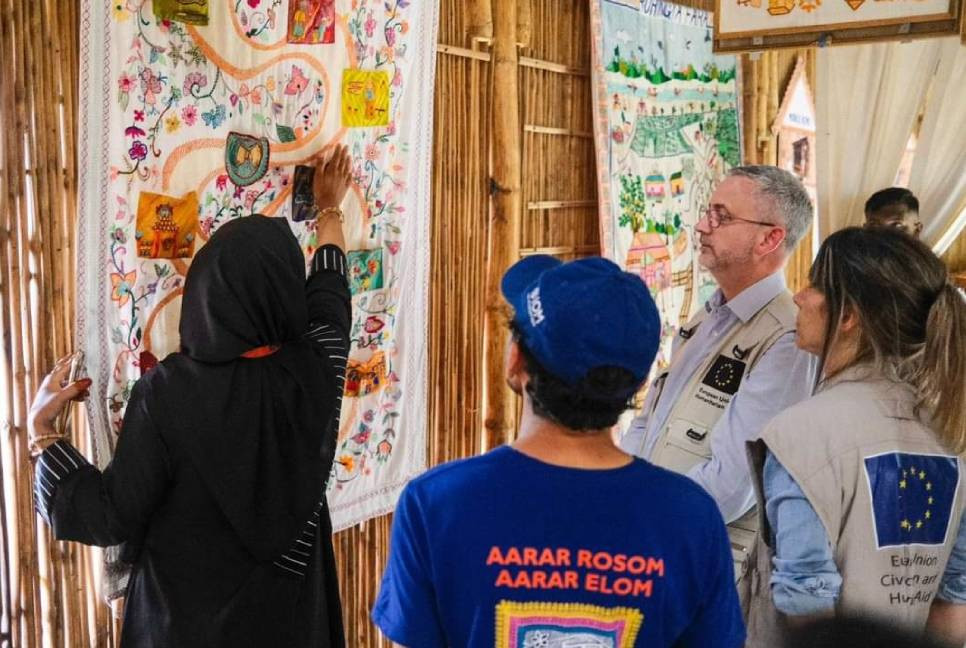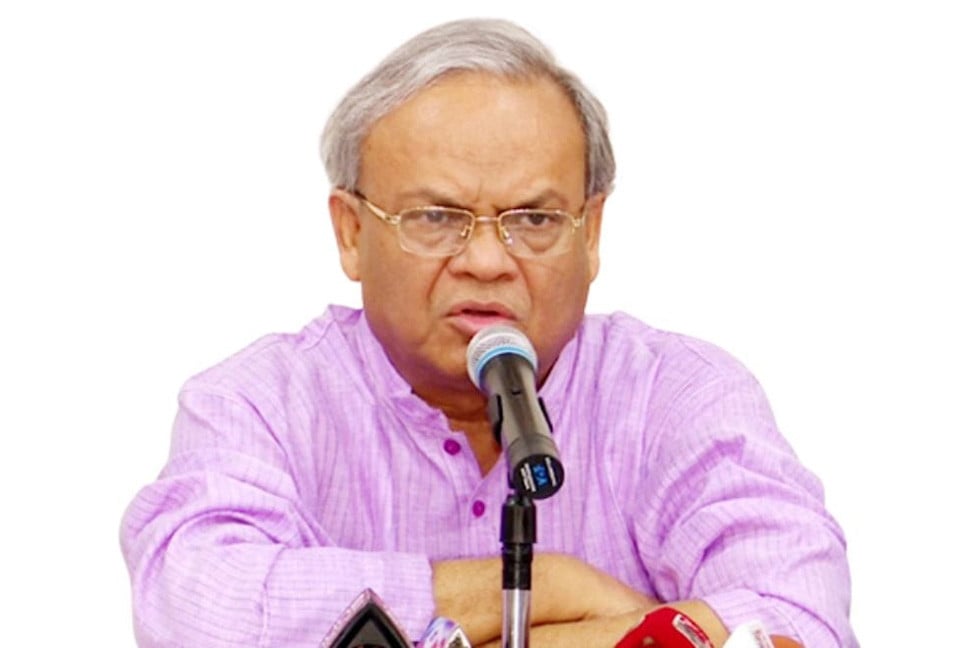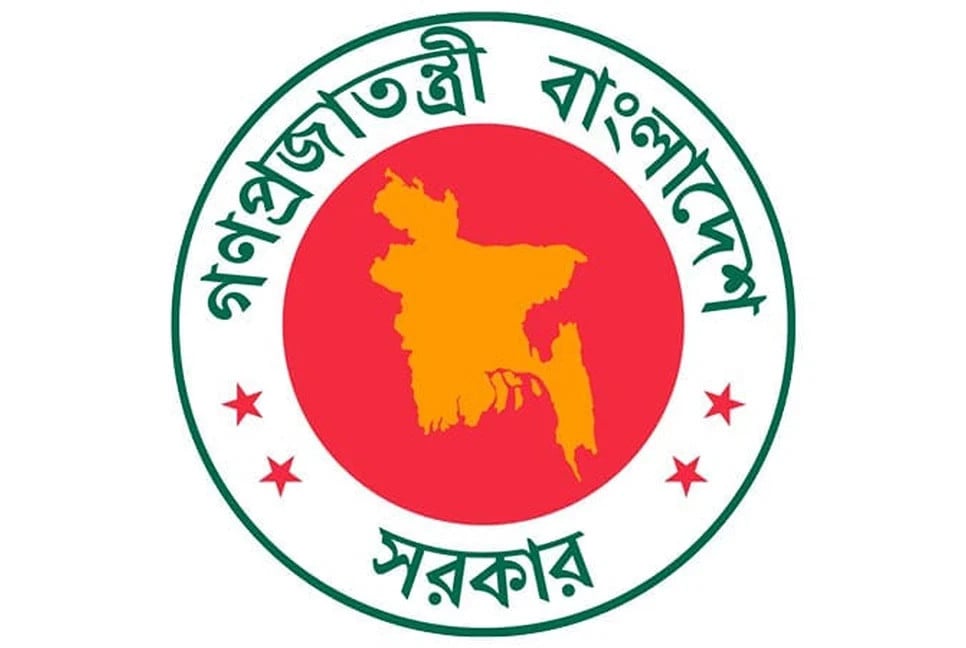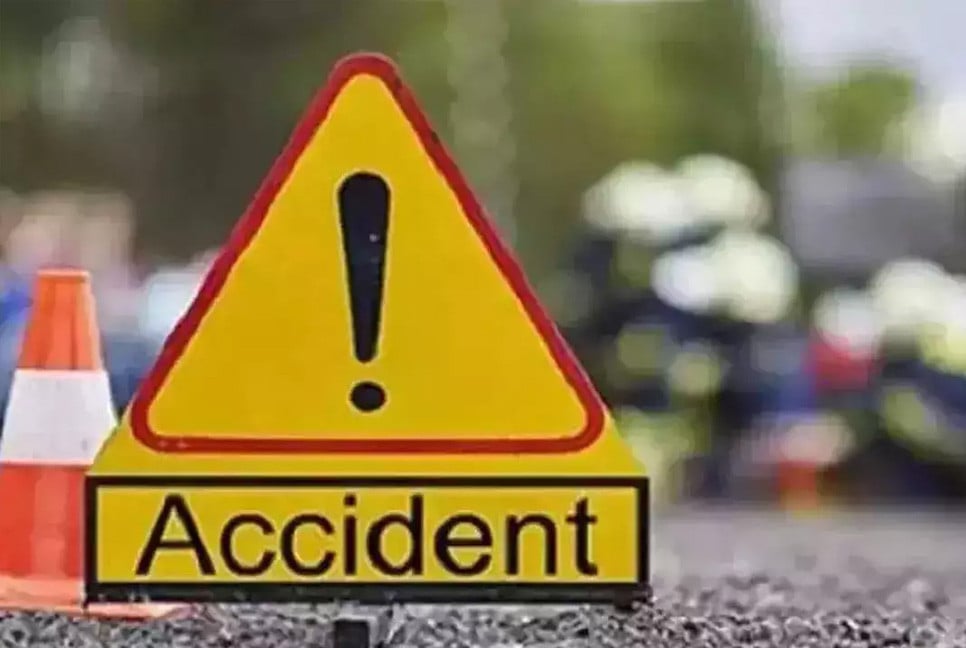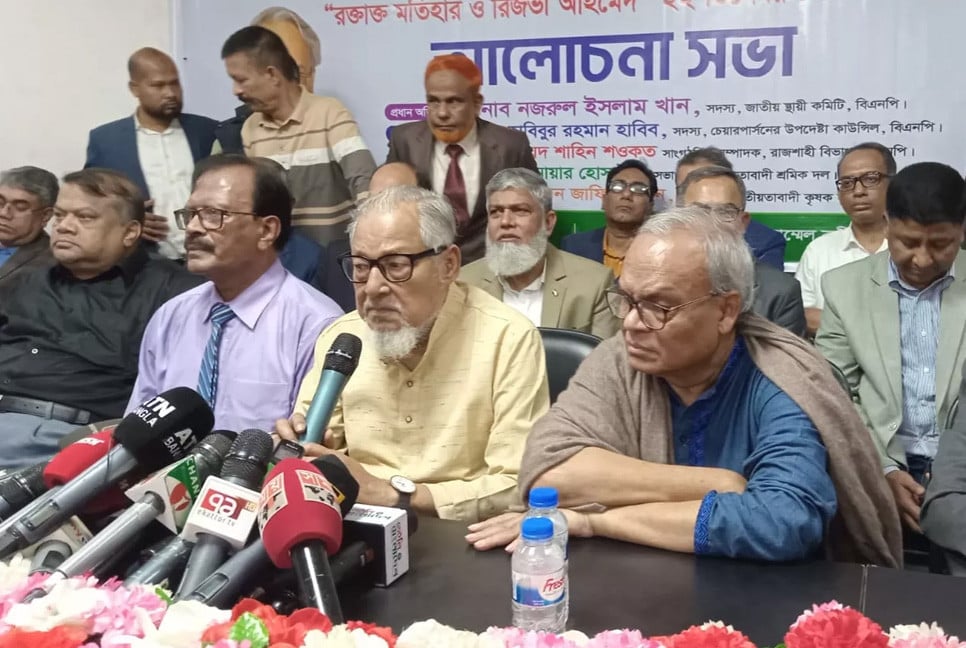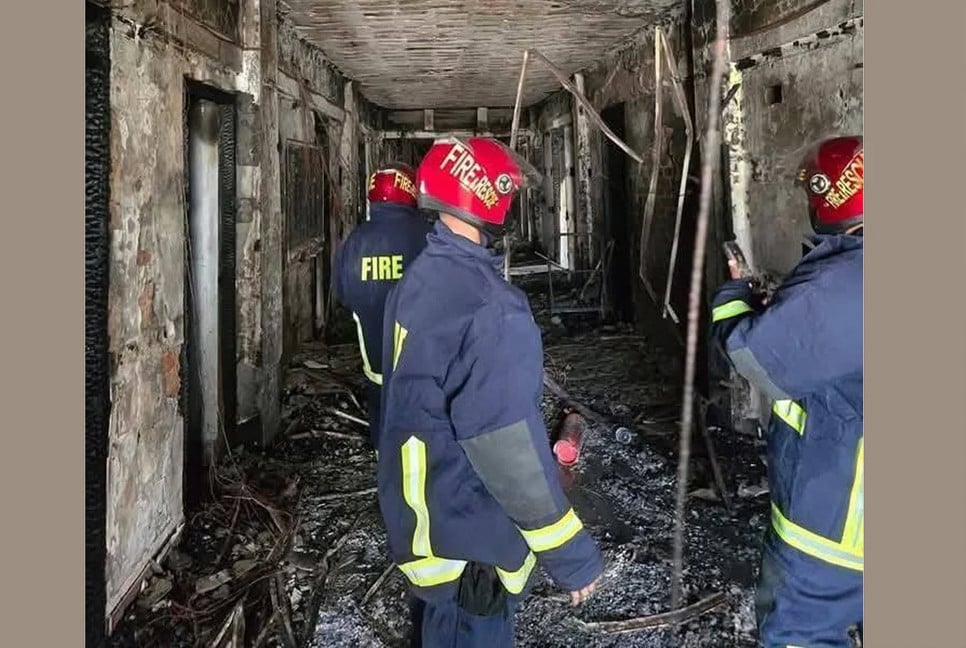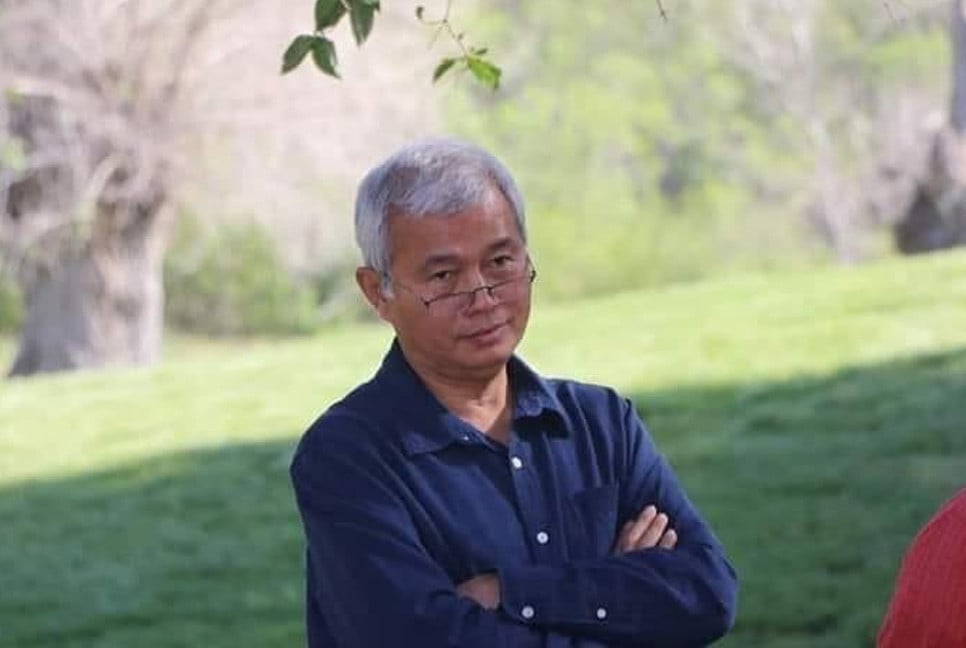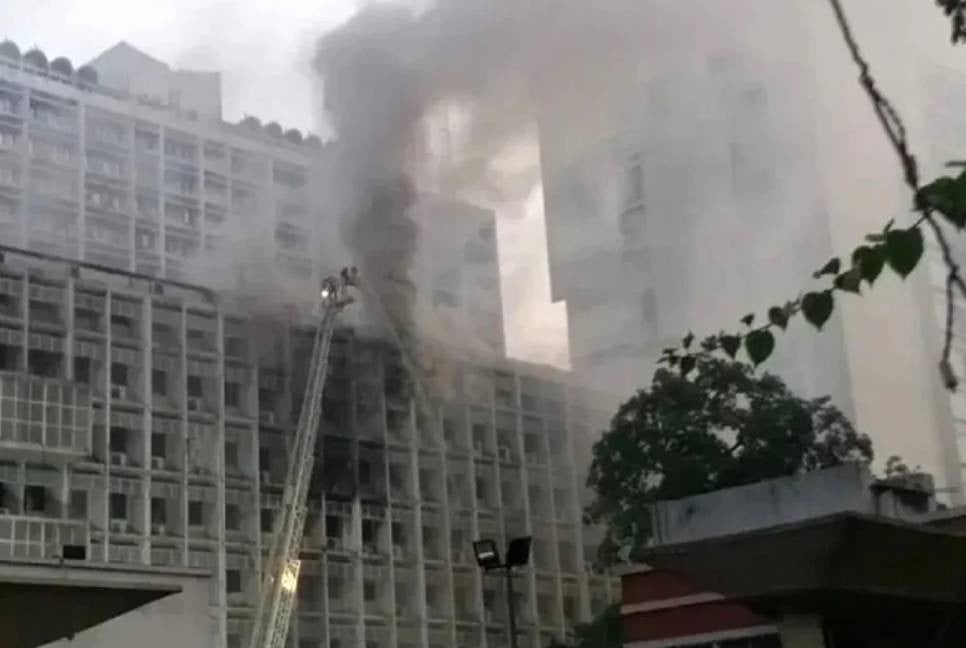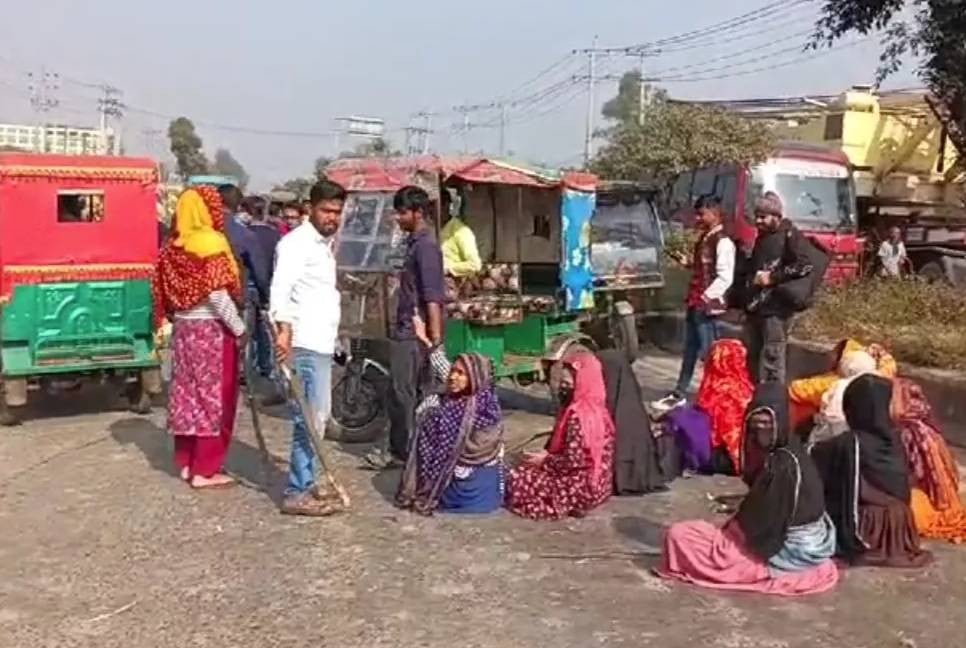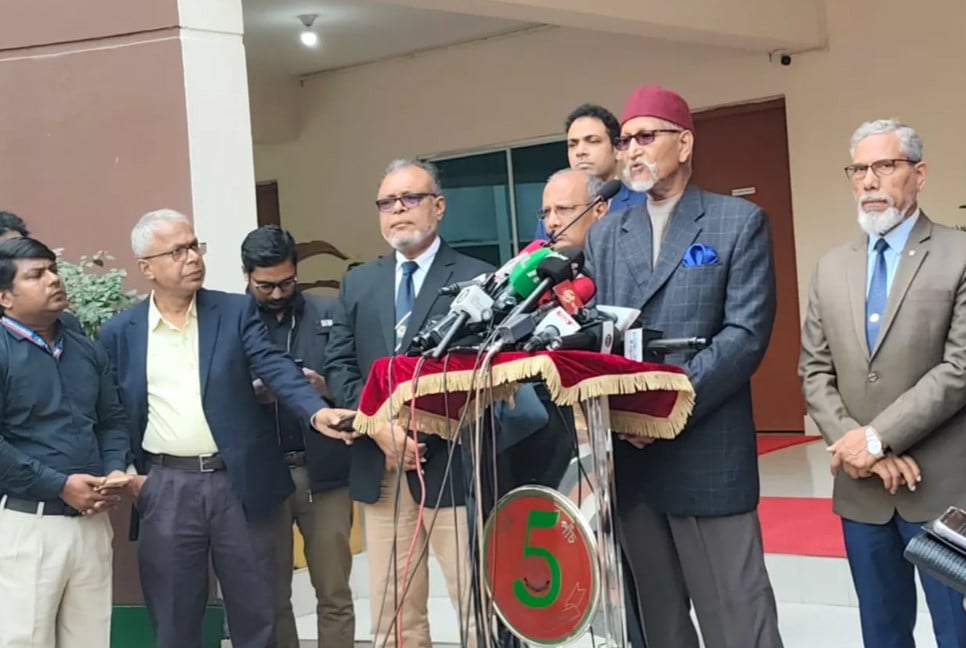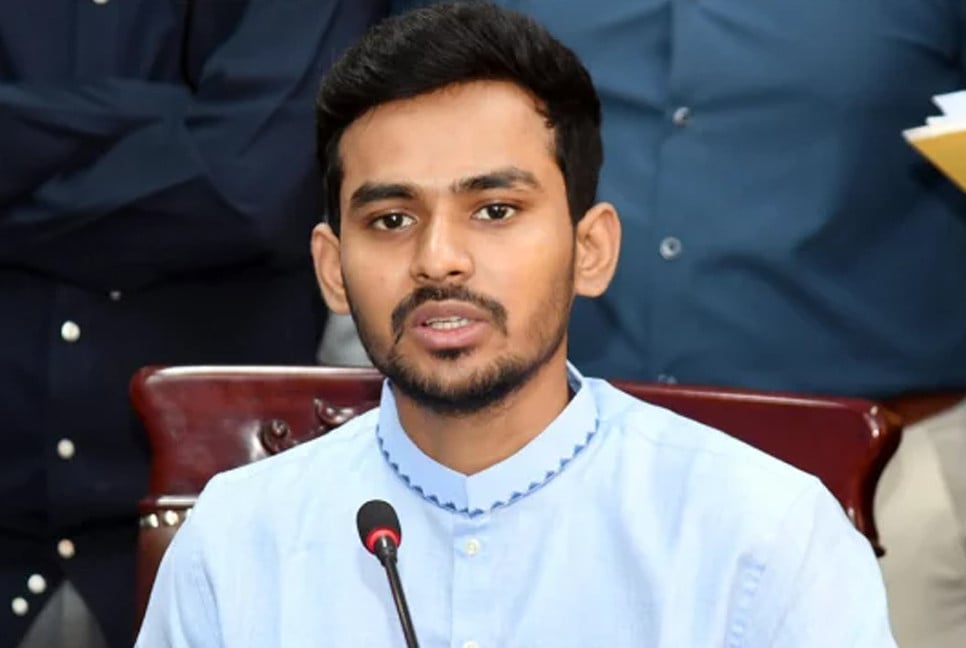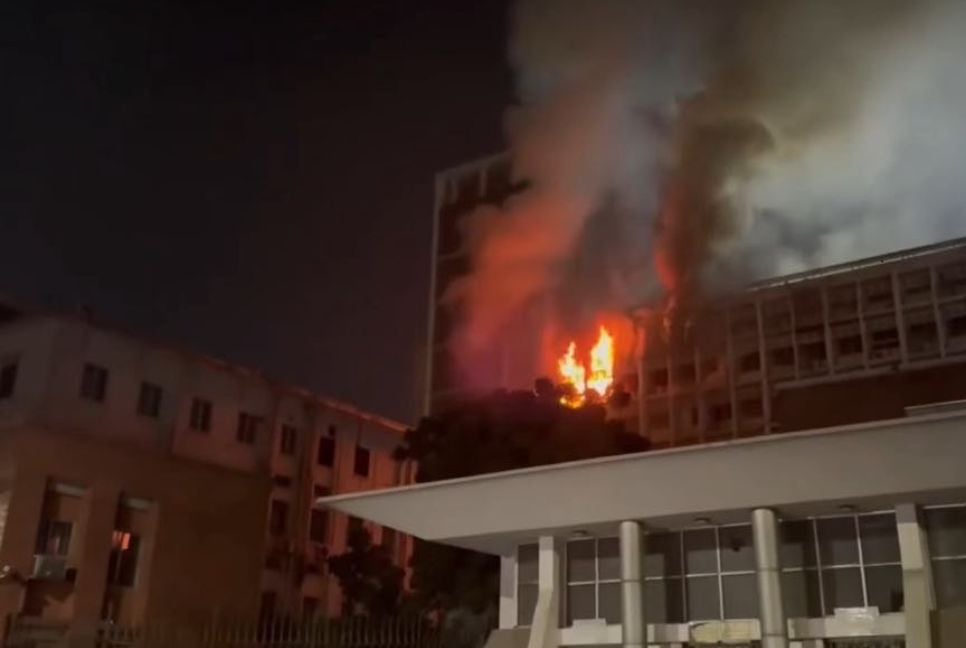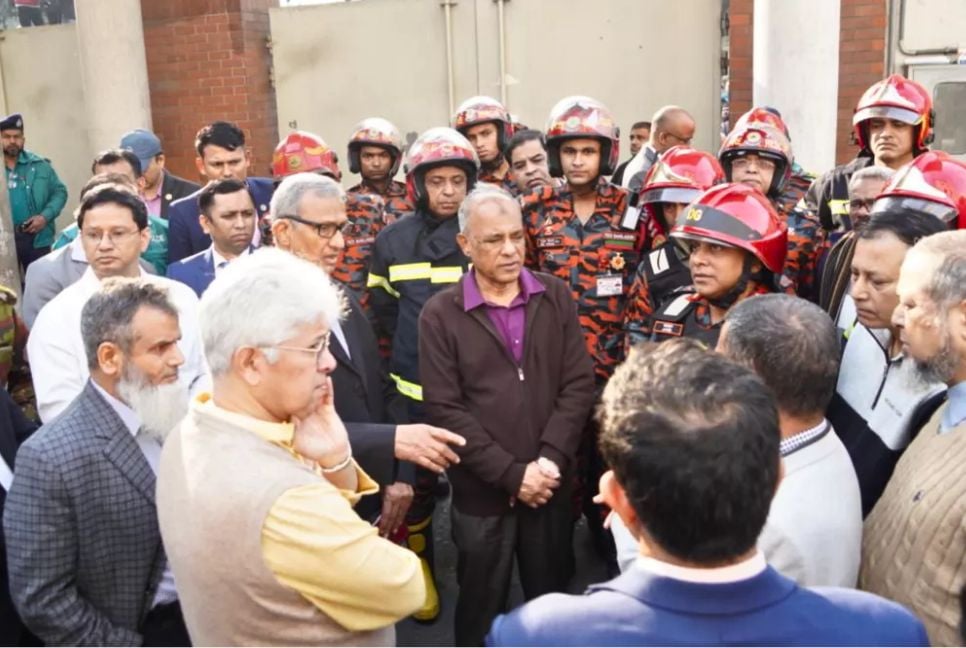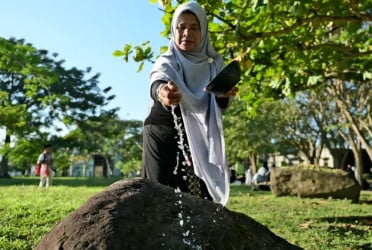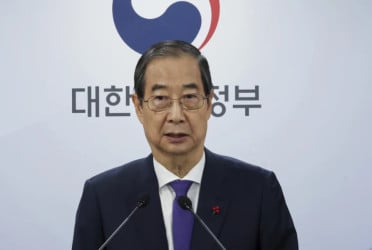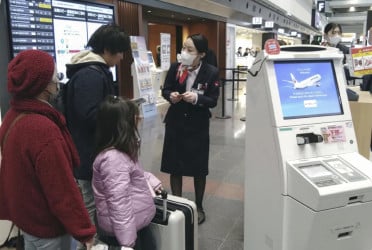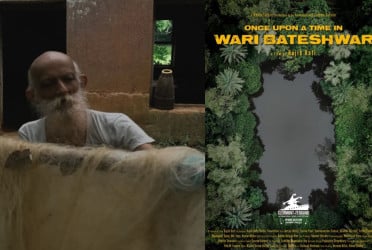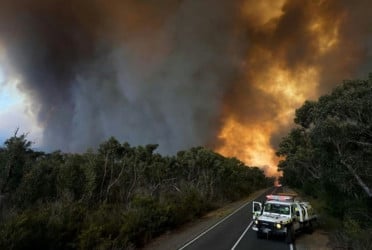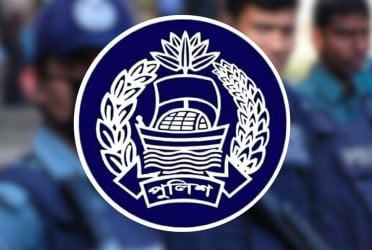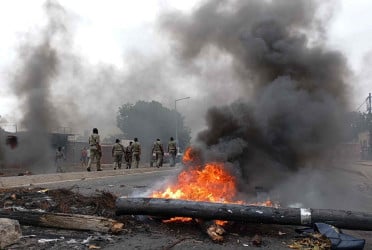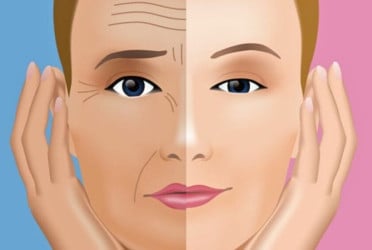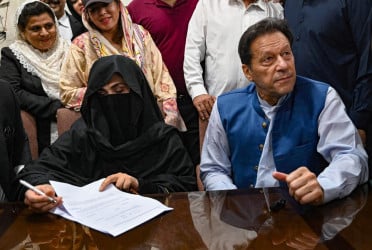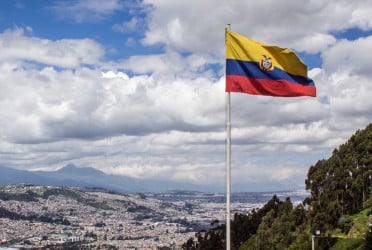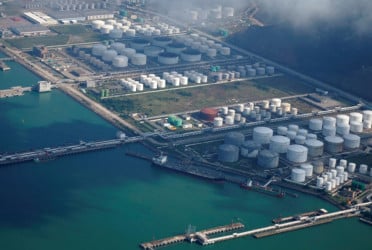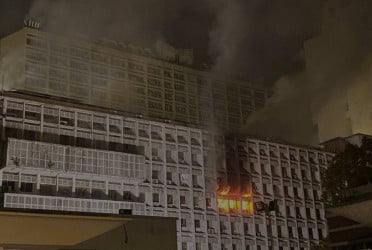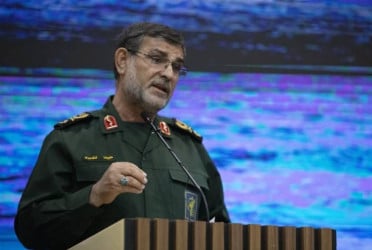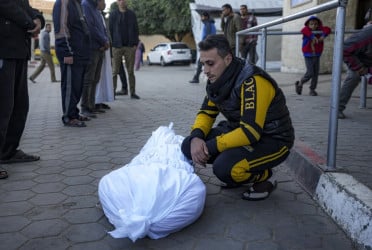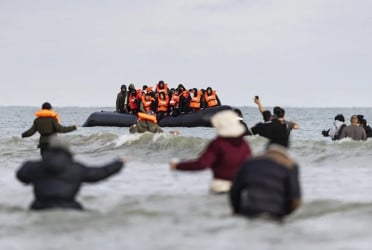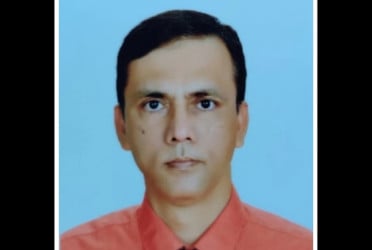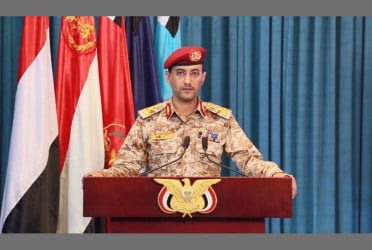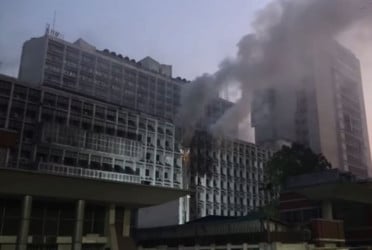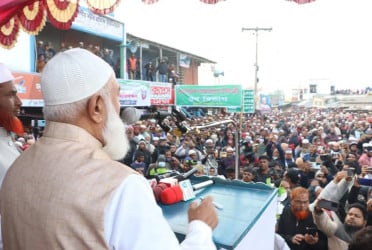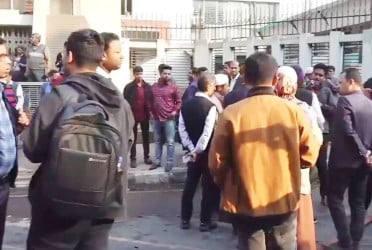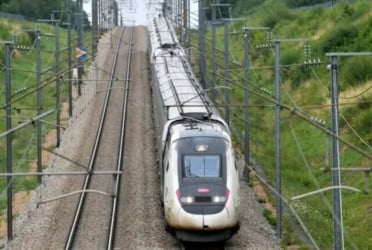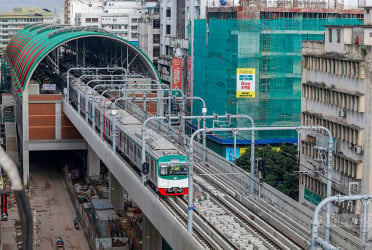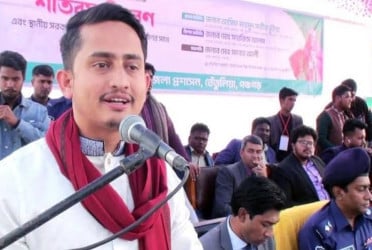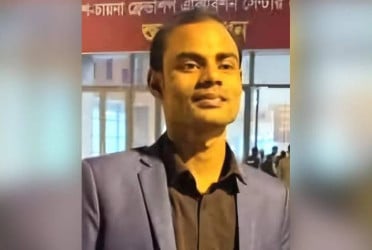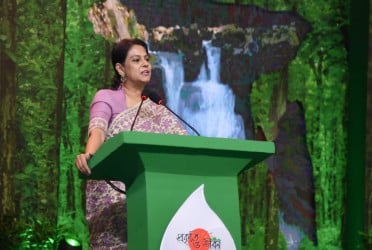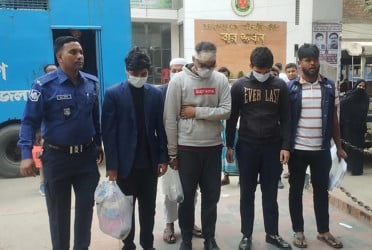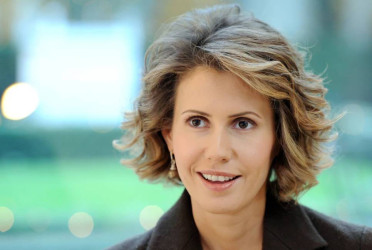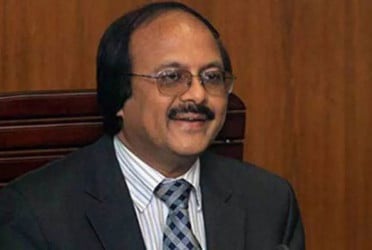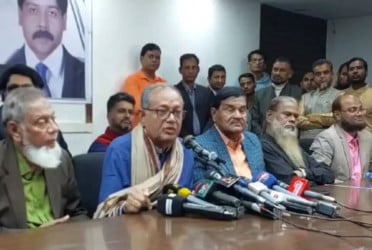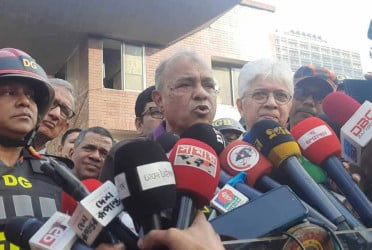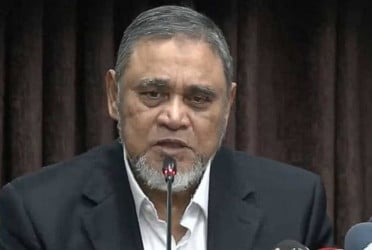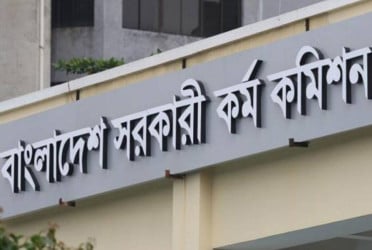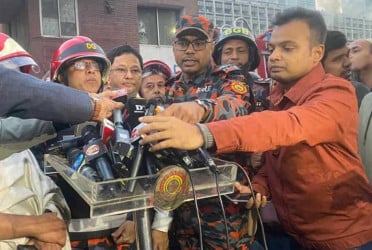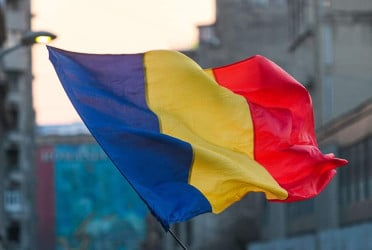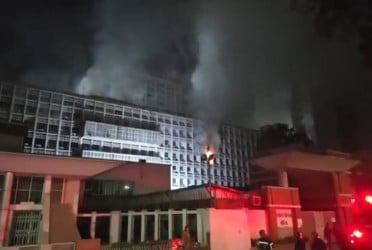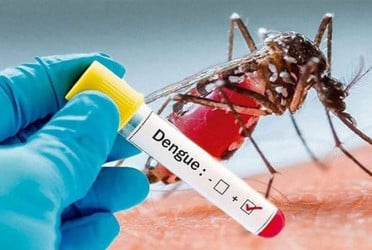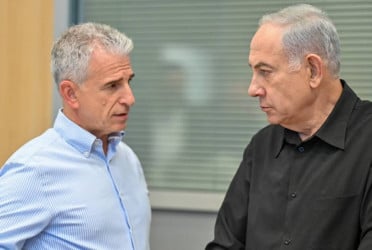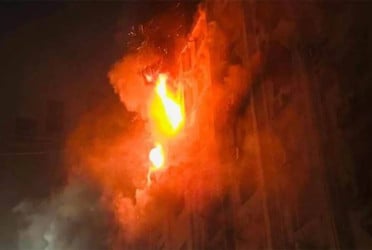Ambassador and Head of Delegation of the European Union to Bangladesh Michael Miller has said they all understand that the solution to the protracted Rohingya crisis is "political".
"All of us, Bangladesh, the EU and most importantly the Rohingya themselves, wish to see returns. But, conditions for safe, sustainable, voluntary and dignified return do not currently exist," he said while sharing his experience of visiting a Rohingya camp in Cox's Bazar recently.
In the meantime, therefore, an "evolution" is needed in the response to allow more work on resilience, said the envoy.
This means, according to him, giving due consideration to allowing the construction of sturdier shelters that will make donor funding last longer, and for which there is a series of prototypes currently being tested.
"It should also mean exploring how to promote greater resilience for the refugees and opening up digital education to avoid a situation in which desperate people are vulnerable to crime, exploitation and recruitment to fight in Myanmar," Ambassador Miller said.
The European Union recognises the burden borne by Bangladesh in hosting the Rohingya refugees, he said.
"We are supporting both the refugees and host communities. This is why I visited Cox’s Bazar in October to understand the situation on the ground, to listen to Bengalis (Bangladeshis) and Rohingya and to consider how to maximise the impact and sustainability of our financing," said the Ambassador.
"Security, or rather insecurity", was the number one topic that he heard in the camps, he said.
"Outside the camps, we have worked, and continue to work, to promote a dynamic economy at the interface between the local economy and the camps. I only heard positive noises on our cooperation, reinforcing my sense that we should work with Dhaka to promote a ‘Whole of Cox’s Bazar’ approach," the EU he added.
bd-pratidin/GR

